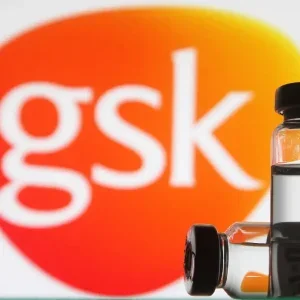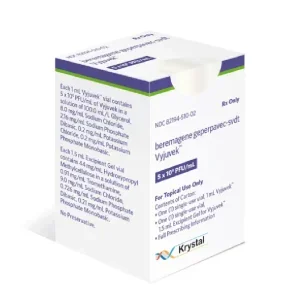The US Food and Drug Administration (FDA) has approved Amgen and AstraZeneca’s Tezspire (tezepelumab-ekko) to treat severe asthma in individuals aged 12 years and above.
Tezspire is being jointly developed by AstraZeneca and Amgen as a potential human monoclonal antibody that inhibits the action of thymic stromal lymphopoietin (TSLP).
TSLP is said to be an important epithelial cytokine responsible for allergic, eosinophilic and other types of airway inflammation related to severe asthma.
The drug is also being developed for other potential indications, including chronic obstructive pulmonary disease, chronic rhinosinusitis, chronic spontaneous urticaria and eosinophilic esophagitis (EoE).
According to the companies, Tezspire is the first and only severe asthma therapy without involving a phenotype, eosinophilic or allergic, or biomarker limitation.
Also, it is the first and only biologic to consistently and significantly reduce asthma exacerbations across Phase 2 and 3 clinical studies.
The studies included severe asthma patients irrespective of key biomarkers, including blood eosinophil counts, allergic status and fractional exhaled nitric oxide (FeNO).
Amgen research and development executive vice president David Reese said: “Today’s approval by the FDA marks the first-time patients and their physicians will have a biologic option for severe asthma without phenotypic limitations and irrespective of biomarker levels.
“By working at the top of the inflammation cascade, Tezspire helps stop the inflammation that causes asthma attacks at the source and has the potential to treat a broad population of people with severe asthma.”
The approval follows a Priority Review granted by the FDA and is supported by results from the PATHFINDER clinical trial programme, including the Phase 3 NAVIGATOR trial.
In the Phase 3 study, Tezspire showed superiority across each primary and key secondary endpoint in patients with severe asthma, compared to placebo.
The most common adverse reactions in Tezspire clinical studies include nasopharyngitis, upper respiratory tract infection and headache.
Furthermore, Tezspire is currently under regulatory review in the EU, Japan and several other countries around the world.
NAVIGATOR trial principal investigator Andrew Menzies-Gow said: “Due to the complex and heterogeneous nature of severe asthma and despite recent advances, many patients continue to experience frequent exacerbations, an increased risk of hospitalization and a significantly reduced quality of life.
“Tezspire represents a much-needed new treatment for the many patients who remain underserved and continue to struggle with severe, uncontrolled asthma.”
AstraZeneca and Amgen initially reached a collaboration agreement for the development of Tezspire in 2012 and have later updated the deal last year.






